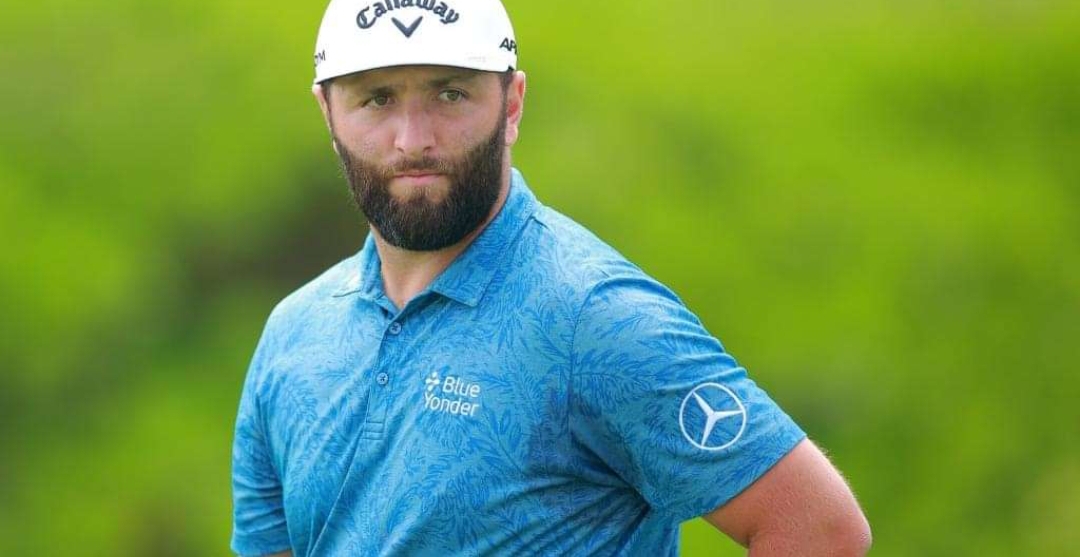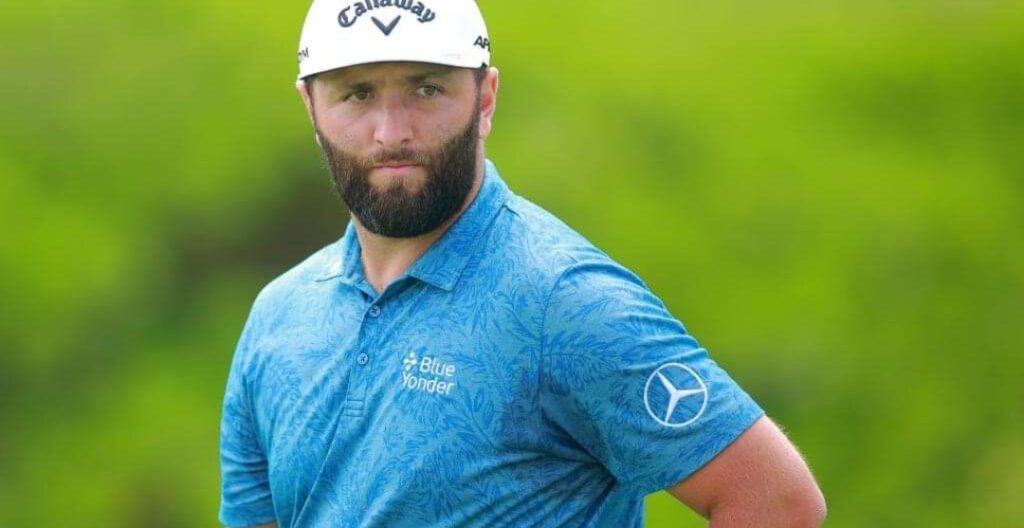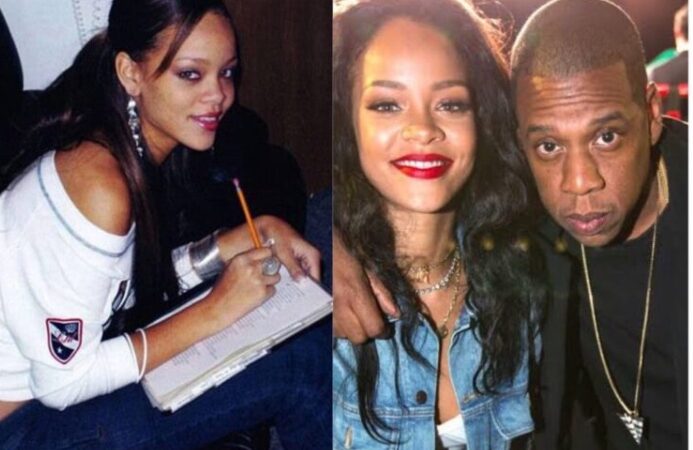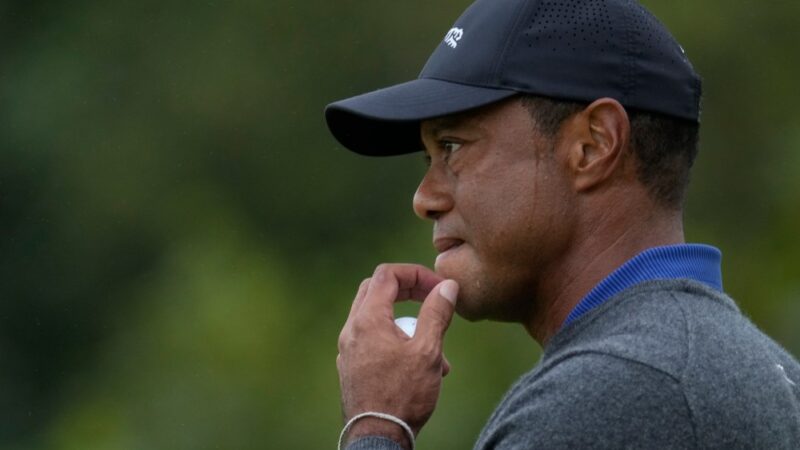Lynch: The PGA Tour’s main issue isn’t Jon Rahm’s greed. They are the ones who demand salaries comparable to those in Saudi Arabia in order to stay.


This is an empty movement of people who overheat the car and overheat Libbol golf. But for reputation and career, it’s most difficult to see that it’s most difficult to consider John Rahm. Parents, promised Golf Inter -Korean War provides soft and useful landing.
The announcement on Thursday went to Libya office with John ‘S Lease. RAHM has tested all subjects to attract families to future generations, to participate in innovative forms and to grow all lives when growing games. However, it is different from the previous work.
Rahm’s poaching is more about politics than product, and more about strengthening LIV than weakening the PGA Tour. Yasir Al-Rumayian, head of Saudi Arabia’s Public Investment Fund, which funds LIV, put in a timely elbow as he discusses the extent to which Tour PIF will consider individuals when building future capital. Rahm dismissed it as undermining LIV’s format and values. Buying this person proves that Al-Rumayan can buy anyone.
Tournament members who see him as an unexpected ally are reminded that he can be a much more unpleasant foe. LIV continues to expose the fatal weaknesses of professional golf. This means that membership is based on non-contractual and often dishonest membership organisations. A cash offer can go a long way if the majority of your target audience proves that your words aren’t worth the cliché.
Rahm will not experience the ramifications and abuse that other LIV players have experienced from their former teammates. Too competitive, too loving, too close to the end. Witness Rory McIlroy said the Ryder Cup rules needed to be rewritten to accommodate 25-year-old Lahm. He doesn’t make calls on behalf of players like Sergio Garcia.
Rahm’s departure is more of a loss than a gain for LIV on the PGA Tour. One of the world’s best won’t be competing in a Tour event in the near future. But the question is how much positive influence does he have on LIV, other than providing propaganda to the trolls and dealing with Al-Rumayyan. Dustin Johnson, Brooks Koepka, Bryson DeChambeau and Phil Mickelson were more effective at attracting fans than Rahm and didn’t give LIV any action.
The Spaniard’s jump could be a game-changer in the tournament’s internal debates over LIV’s trajectory. It’s easy to call Rahm a hypocrite given everything he’s said before, but ignore the PGA Tour’s negligence. Rahm is not a LIV golfer because his checks are big enough. He is there, at least in part, because the tour showed that it is OK to be there and that it is possible to do business with the Saudis.
The June 6 Framework Agreement did two things that made for a bad combination. It destroyed all trust between PGA Tour executives and members, legalized the theft of golf by Saudi Arabia, and gave the go-ahead for players to let LIV go. The tour could have rolled out a red carpet and ushered her out. Players are not held to standards of integrity that the tour itself has not met.
Ram’s departure is not surprising. Players who are guaranteed to play in a major and aren’t concerned about qualifying standards or world ranking points are the most vulnerable to LIV demands, especially as the tour tries to complete a division. Is it the same for Nelikten Windham Clark? Nemeth Brian Harmon? If the last major champion has no ethical concerns about LIV, what other risks does he face?
The basic contract is their permission. This is an important moment for the Director of Players, who leads decision-making within the Tour Policy Committee. Will they now conclude that an imperfect peace with the Saudis is the best option, or will Lam’s poaching stir anti-PIF sentiment among the dead? No matter which direction they go, there is a rough sea ahead.
The PGA Tour is stumbling toward an unsustainable business model because too many players believe they are worth more than the market dictates. There is a disappointing correlation between the Saudis’ irrational spending and the expectations of PGA Tour members. Some players feel entitled to NBA or NFL money and want to make money on the court rather than off it, despite their interactions with fans and sponsors, in a way that is completely contrary to how the economics of golf have always been . .
Less than 24 hours after Rahm left the PGA Tour, Wells Fargo did the same. The banks were not ready to pay the amount demanded by the sponsors to meet the expectations of the players. The departure of a longtime sponsor who wants to stay in golf is more of a wake-up call for tour players than the loss of Rahm. It’s a very troubling sign that the PGA Tour has become engulfed in greed disguised as value.


